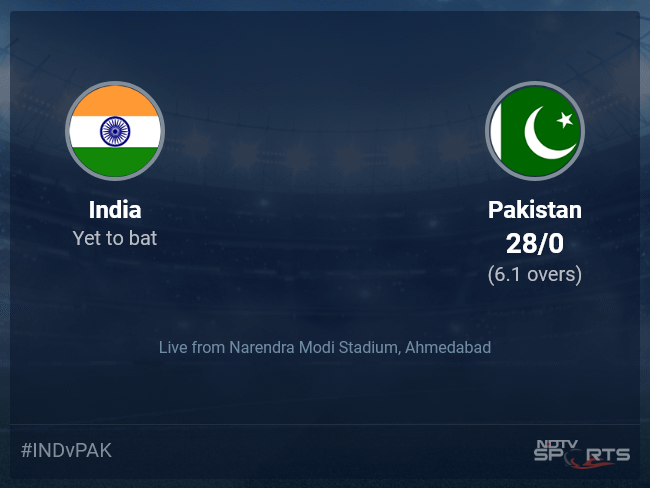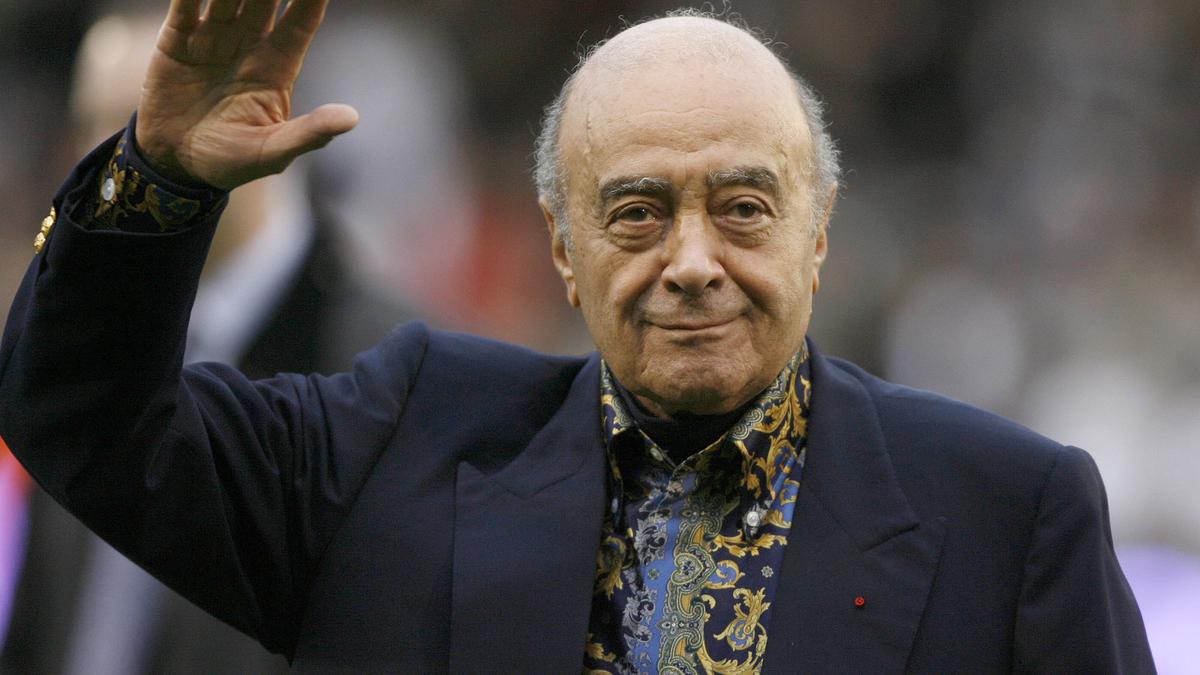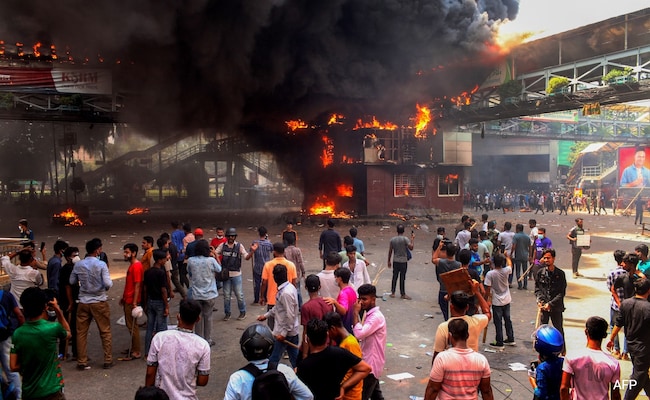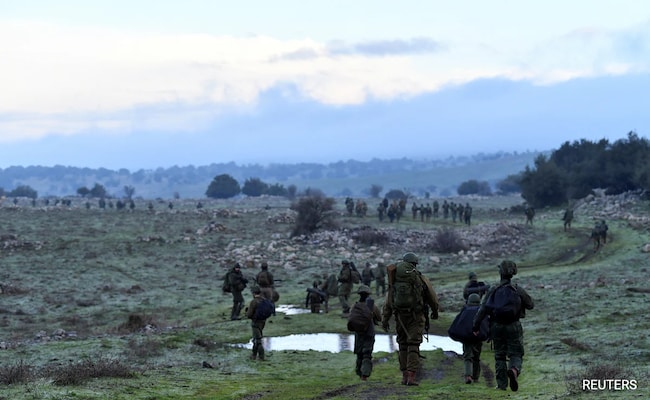Iranians follow a truck, centre, carrying the coffins of Hamas leader Ismail Haniyeh and his bodyguard during their funeral ceremony at Enqelab-e-Eslami (Islamic Revolution) Square in Tehran, Iran, on Aug. 1, 2024.
| Photo Credit: AP
Iran on Tuesday (August 13, 2024) rejected Western calls to stand down its threat to retaliate against Israel for the killing of Hamas political leader Ismail Haniyeh in Tehran late last month.
The Islamic republic and its allies have blamed Israel for Haniyeh’s killing on July 31 during a visit to the Iranian capital for the swearing-in of President Masoud Pezeshkian. Israel has not commented.
Iran has vowed to avenge the death, which came hours after an Israeli strike in Beirut killed a senior commander of Hezbollah, the powerful Iran-backed militant group in Lebanon.
Western diplomats have scrambled to prevent a major conflagration in the Middle East, where tensions are already high due to the Israel-Hamas war in Gaza.
In a statement on Monday (August 12, 2024), the United States and its European allies urged Iran to de-escalate.
The White House warned that a “significant set of attacks” by Iran and its allies was possible as soon as this week, saying Israel shared the same assessment.
The United States has deployed an aircraft carrier strike group and a guided missile submarine to the region in support of Israel.
Iran’s Foreign Ministry spokesman Nasser Kanani criticised the Western call for restraint.
“The declaration by France, Germany and Britain, which raised no objection to the international crimes of the Zionist regime, brazenly asks Iran to take no deterrent action against a regime which has violated its sovereignty and territorial integrity,” he said in a statement.
Far-right minister opposes talks
The United States and its European allies also called for a ceasefire between Israel and Hamas in Gaza, with difficult talks set for Thursday on halting the conflict.
The Gaza war began with Hamas’s October 7 attack on southern Israel which resulted in the deaths of 1,198 people, mostly civilians, according to an AFP tally of Israeli official figures.
Militants also seized 251 people, 111 of whom are still held captive in Gaza, including 39 the military says are dead.
Israel’s retaliatory military offensive in Gaza has killed at least 39,929 people, according to a toll from the territory’s Health Ministry, which does not provide a breakdown of civilian and militant deaths.
International mediators have invited Israel and Hamas to resume negotiations this week on a ceasefire and hostage release deal, an invitation Israel has accepted.
Far-right parties in Prime Minister Benjamin Netanyahu’s ruling coalition strongly oppose any ceasefire in Gaza, a point rammed home by firebrand National Security Minister Itamar Ben Gvir on a visit to Jerusalem’s flashpoint Al-Aqsa Mosque compound that was swiftly condemned by its custodian Jordan.
Defying longstanding rules that allow Jews and other non-Muslims to visit the compound but not to pray there, Ben Gvir led hundreds of Israelis in singing Jewish hymns and performing Talmudic rituals, images posted on social media networks showed.
In a video filmed inside the compound, Mr. Ben Gvir renewed his opposition to any let-up in the Gaza war.
“We must win and not go to the talks in Doha or Cairo,” the Minister said, referring to the truce talks planned for Thursday (August 15).
Mr. Netanyahu’s office said Mr. Ben Gvir’s visit “deviated from the status quo”. It said Israel’s policy on the Temple Mount remained unchanged.
Hamas has urged mediators to implement a truce plan earlier presented by U.S. President Joe Biden instead of holding more talks.
Analyst Esfandyar Batmanghelidj said Iran was considering how to retaliate against Israel without derailing the ceasefire talks.
“The renewed push for a ceasefire offers Iran a way out of this escalatory cycle,” Mr. Batmanghelidj, CEO of the Bourse & Bazaar Foundation think-tank, told AFP.
“Iranian officials still feel obliged to hit back at Israel, but they must do so in a way that doesn’t derail the prospects for a ceasefire summit.”
‘Who will take care of her now?’
Pressure for a ceasefire in Gaza has grown since emergency services in the Hamas-run territory said an Israeli air strike on Saturday (August 10, 2024) killed 93 people at a school housing displaced Palestinians.
Israel said it targeted militants operating out of the school and mosque.
In the latest Gaza violence, an Israeli strike killed 10 members of one family in the territory’s southern district of Khan Yunis, leaving only one survivor — a three-month-old girl, a medic said.
“Ten members of the Abu Haya family were killed in an Israeli strike on Abassan in east Khan Yunis,” the medic from Nasser Hospital told AFP on condition of anonymity.
“There is only one survivor from the family, a baby girl named Rim. She is just three months old,” he said, identifying the 10 other members of the family — two parents and their eight children.
The girl, wrapped in a black cloth, stirred strong emotion in the courtyard of Nasser Hospital, a place now known for grieving families searching for dead or wounded loved ones.
“This little girl was pulled out of the rubble. Her whole family is dead. Who will take care of her now?” asked Ibrahim Barbakh, a resident of Khan Yunis, as he held the baby.











